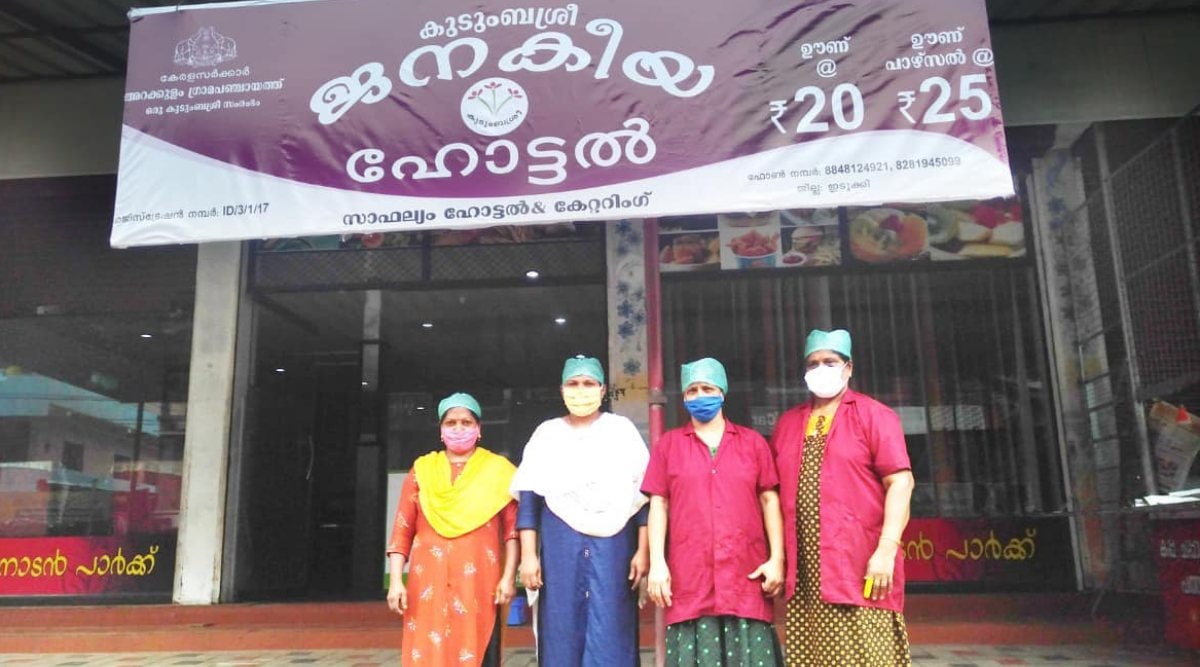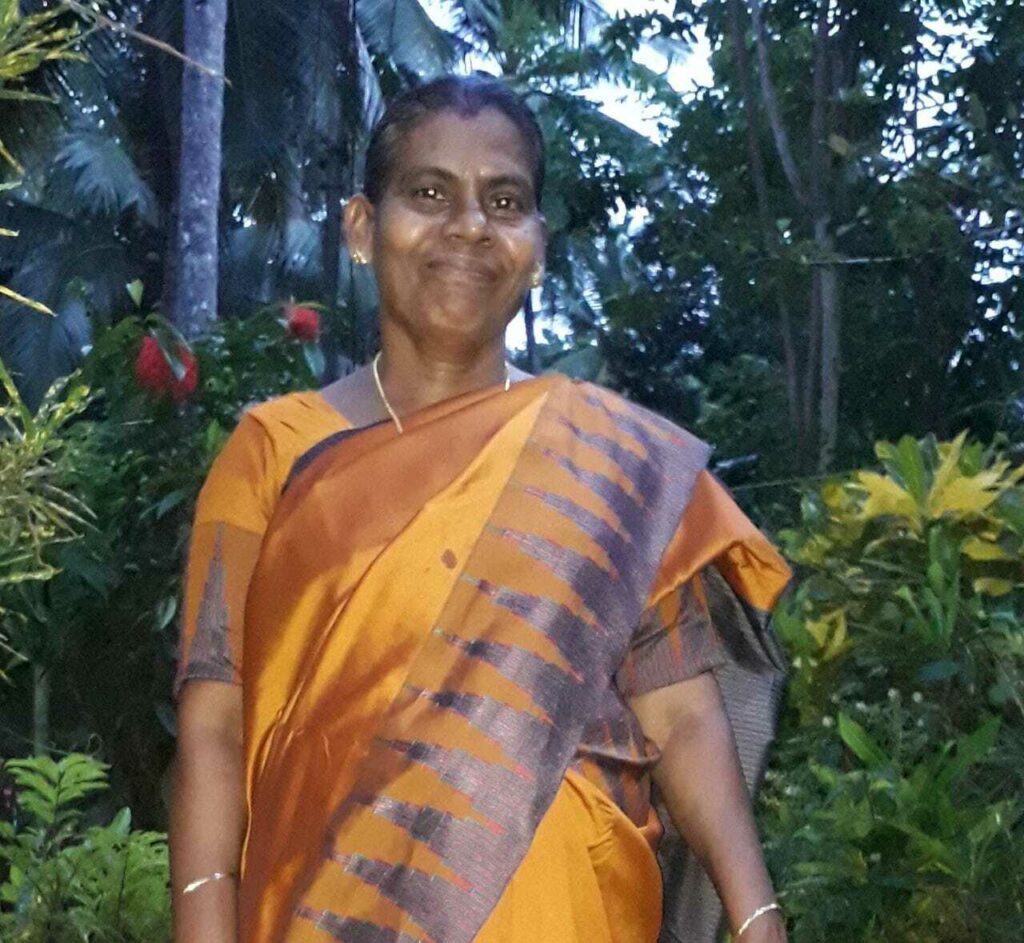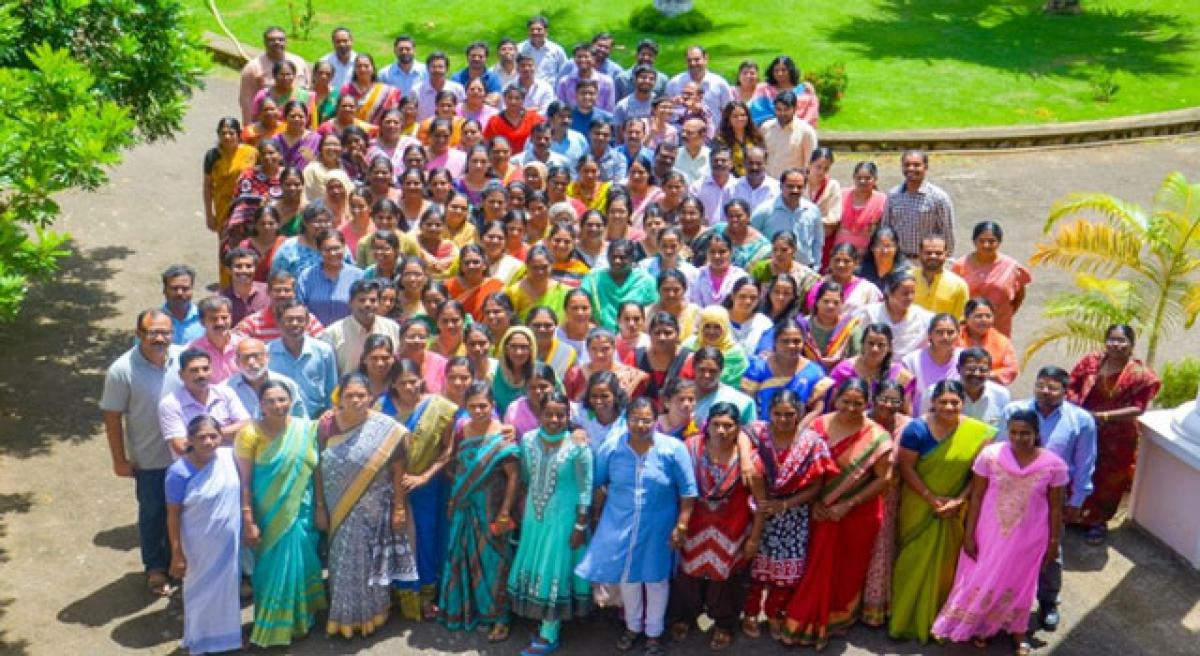Kudumbashree is the flagship community organisation of Neighborhood Groups (NHGs) of women in Kerala. In 1997, the state government curated a self-help group movement, that was implemented by the State Poverty Eradication Mission (SPEM) of the Government of Kerala, with the core purposes of women empowerment and the eradication of poverty.
Kudumbashree in Malayalam translates to ‘prosperity of the family; and through the program, opportunities, and knowledge that the initiative provides to the female members, it has so far, without doubt, lived up to the name.
Currently, Kudumbashree consists of a whopping 4.58 million members that are spread over 306,551 neighbourhood groups. This makes it the largest women’s network in the world; and expansion has prospered regardless of which government has been in power, which is an impressive feat. The Kudumbashree has planted deep roots in Kerala and this gives them the virtue of serving as a link between people and different units of local self-government.

Many women who are part of Kudumbashree later venture into politics and transition into a more active social life. They may attribute some credit to being able to take such steps towards the skill development, knowledge and independence gained from the tight-knit group of women within Kudumbashree.
Keeping the organisation as only women and not involving men also has its benefits according to Meenakshi as she states how she finds relief that it is in fact only women in the groups. If men were involved, she feels they would have dominated discussions and not listened. She also talks about how women she knows are now more independent of their husbands as some are no longer dependent on them for money, while others have gained financial security due to the money they save through Kudumbashree
After the state introduced 33 per cent reservation for women in three-tier local bodies, it was Kudumbashree members that local parties approached in need of potential candidates, as these women carried a positive reputation of being confident, outspoken and resourceful. In 2010, this reservation was hiked to 50 per cent, and by this time Kudumbashree had aided many women in getting involved in active administration and politics.
A member of Kudusmbashree who wishes to remain anonymous recalls how she ran an election for the Panchayat and states how since she is a current member of Kudumbashree, that played in her favour as she already was familiar with members of that society and had a pre-existing relationship with them due to Kudumbashree. According to an India Today article, 16,965 Kudumbashree members contested in the local body polls held last December and out of those, 7,071 were elected.
Kudumbasree can take credit for bringing many women to the forefront and helping in involving them in politics and important public spaces where decisions are made, reiterating what was powerfully said by Ruth Bade Ginsburg, “women belong in all places where decisions are being made.”
T. N. Seema, a former Rajya Sabha Member sang praises of Kudumbashree for the same when she said, “Kudumbashree has empowered poor women in Kerala and also made them politically and socially active by honing their leadership qualities. Over the years, many of them have taken a leading role in Kerala society.”
Also read: How Is Kerala’s Kudumbashree Model Helping Combat The Pandemic?

Kudumbashree carries forward the secular spirit of our constitution. Another member of the group, Meenakshi narrates how everyone is welcome and there is no dicrimination or ill will between the members. There is an overarching positive attitude, which leads to a constructive work environment.
In other states, self-help groups are typically dominated by women that come from relatively richer families and/or are from powerful castes. This could lead to toxic hierarchies being established, that are convenient for the privileged as they can hoard decision making powers and leave marginalised women out.
To avoid such complications and systemic difficulties, Kudumbashree has rules in place that demand that a majority of members of the coordinator groups have to belong to women below the poverty line or hail from marginalised sections. There are reservations in place for Dalit and Adivasi women.
Keeping the organisation as only women and not involving men also has its benefits according to Meenakshi as she states how she finds relief that it is in fact only women in the groups. If men were involved, she feels they would have dominated discussions and not listened. She also talks about how women she knows are now more independent of their husbands as some are no longer dependent on them for money, while others have gained financial security due to the money they save through Kudumbashree.
According to an anonymous member, members of the organisation can take a loan of an amount up to four times that of how much they have saved with Kudumbashree, with a minuscule interest. She also explained that the members within the group hold each other accountable for paying the loans back as it is their collective funds from which money is loaned

K. J Sohan, the former mayor of Kochi expounds Kudumbashree’s impact thus, “More than anything, it has liberated women to get out of the house and go to work. In a traditionally male-dominated society, women participating in the polity, going to vocational training programs and starting small businesses was not the norm. Kudumbashree helped change this.”
Meenakshi shares the tale of her entrepreneurial endeavours as she along with her group sold rice, dried coconuts and coconut oil and made a profit that they shared amongst themselves. There are many wealth benefits of being a member of Kudumbashree. Meenakshi deposits a small amount every week with Kudumbashree and over time this amount will compound and grow. She now has around 25,000 Rupees in savings.
According to an anonymous member, members of the organisation can take a loan of an amount up to four times that of how much they have saved with Kudumbashree, with a minuscule interest. She also explained that the members within the group hold each other accountable for paying the loans back as it is their collective funds from which money is loaned.
Most members prefer to acquire loans from Kudumbashree rather than banks as banks require a lot more documents and formalities and also ask for a higher pay back. However, if members still wish to go to a bank, being a member of Kudumbashree can play to one’s advantage as banks are said to have confidence in the organisation.
Priya Paul, project manager with Kudumbashree for more than ten years says, “The idea behind small savings is to encourage women, even those below the poverty line, to save. Savings are collected and recycled in the system by way of sanctioning loans.”
Also read: Aajeevika India Food Court 2021: Celebrating Rural Women Empowerment, Food & Culture
Featured Image Source: The Hans India
About the author(s)
Naureen is passionate about social politics, sustainable development and impact-driven economics.





Well written document, look forward for more